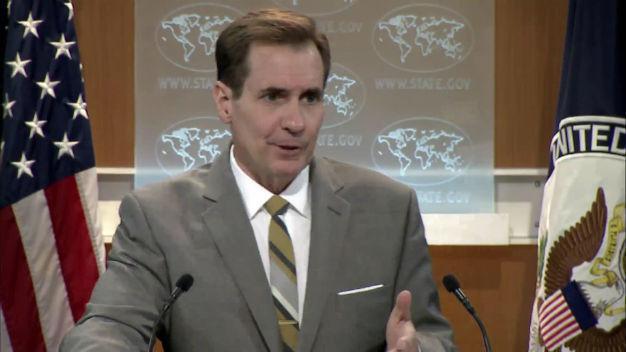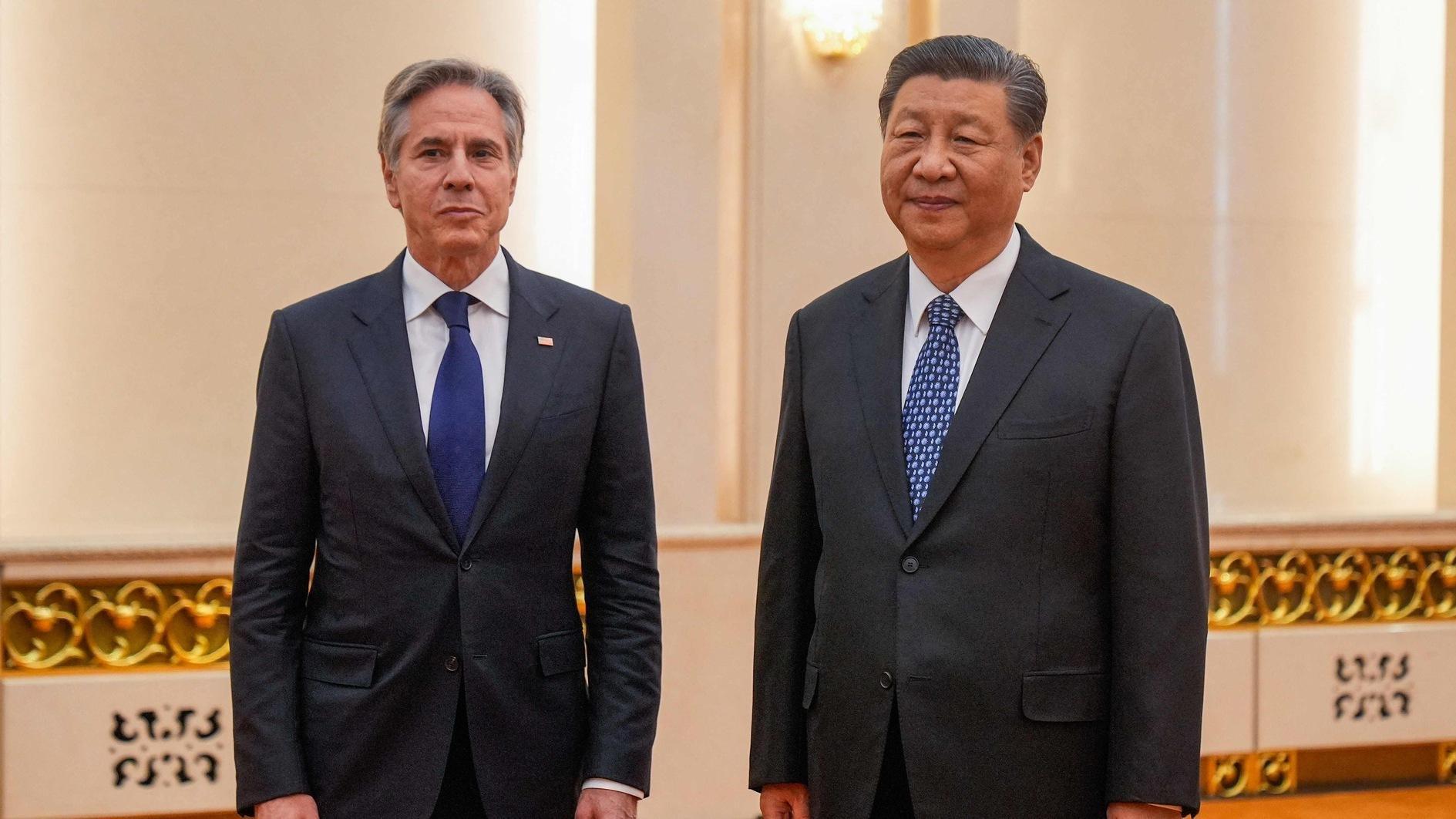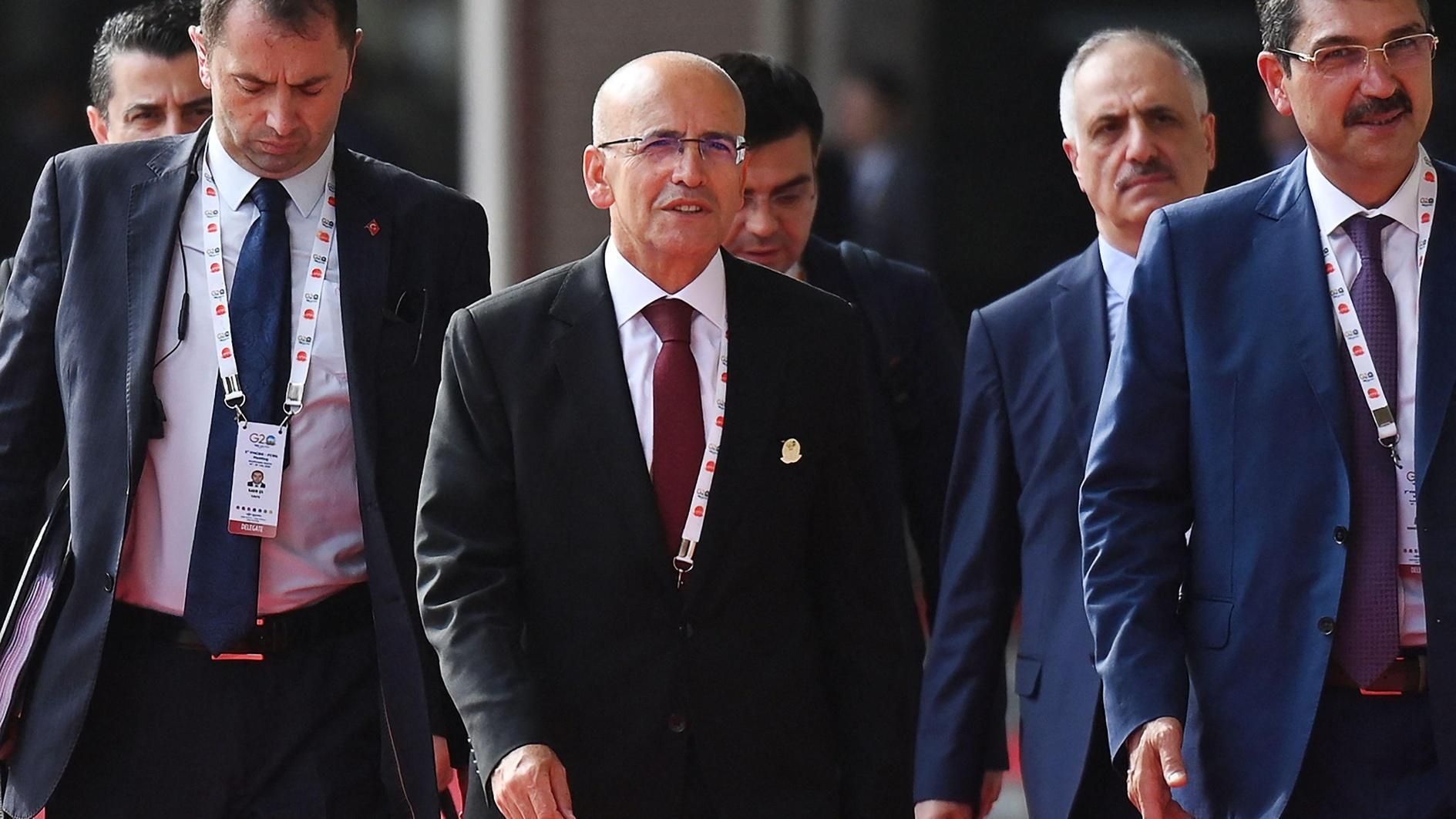US ‘discontented’ with media freedoms in Turkey
WASHINGTON

DHA photo
“I wouldn’t get up here every week and talk about this and express our concerns if we were content with what we’re seeing with the way journalists are being treated there [Turkey]. We’re not content,” Kirby said in response to insistent questions on whether the U.S. conveyed a serious massage to Turkish politicians on the matter, during the daily press briefing on April 20.“I don’t think we can be more clear and more transparent about our concerns with respect to media freedoms, particularly in Turkey,” Kirby claimed, adding their longstanding disquiet about independent media not being allowed to do their jobs has been “well-known, and absolute – and sadly, unchanged.”
Kirby was also asked about fresh developments whereby two journalists, Sputnik’s Turkey bureau chief, Tural Kerimov, and a reporter for German State Television (ARD), Volker Schwenk, were denied entry into the country at Istanbul Atatürk Airport and deported to Russia and Egypt, respectively.
While the spokesperson referred both reporters to Turkey to speak on the matter, he nonetheless reiterated the U.S. position in support of free and independent media across the world.
“It’s not just the responsibility of governments to allow for free and independent media coverage and to recognize that scrutiny applied by journalists is not a sign of weakness of a government, it’s a sign of strength,” he said.
The U.S. State Department had recently slammed Turkey’s rights record in its annual country report on human rights practices, criticizing the ruling Justice and Development Party (AKP) government’s interference with freedom of expression, arbitrary application of laws and inadequate protection of civilians in the country’s southeast for posing great threats to civil rights and liberties.
Pressure against the exercise of free speech was listed as one of the direst problems of Turkish democracy, as the report cited some 30 journalists charged under anti-terror laws, raids on media companies and the forceful takeover of five media outlets affiliated with the Fethullah Gülen movement through government-appointment trustees.
In a separate report prepared by Reporters Without Borders (RSF), the 2016 World Press Freedom Index, Turkey declined by over six points from last year due to “systematic censoring” of the media in addition to a sharp rise in charges of “insulting the president” and loosely defined “terrorism.”
The European Parliament had also warned Turkey on its 2015 progress report adopted on April 14, accusing the candidate state of backsliding on democracy and the rule of law. The report called on Ankara to end “intimidation of journalists” and condemned the “violent and illegal take-over of several newspapers,” including daily Zaman.
















